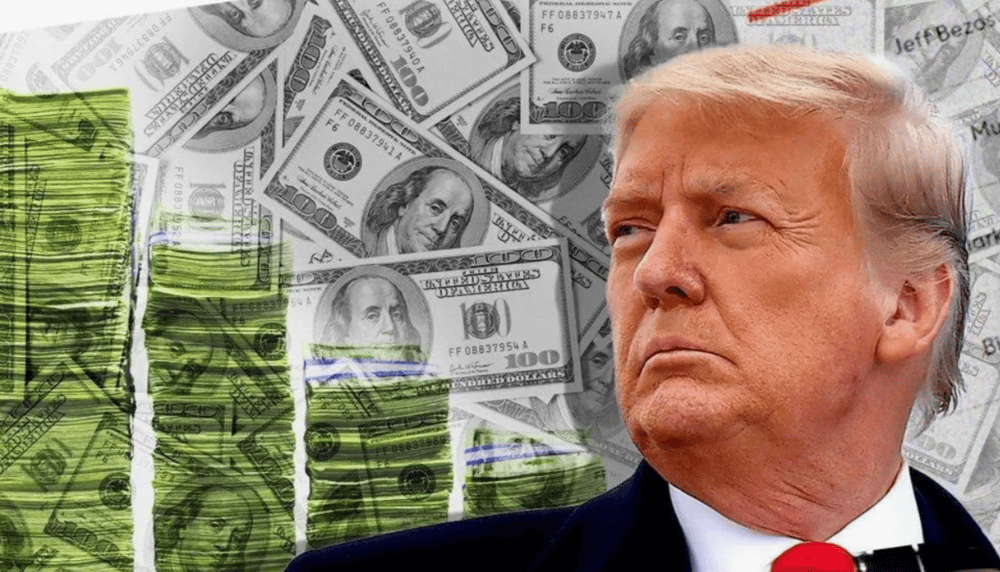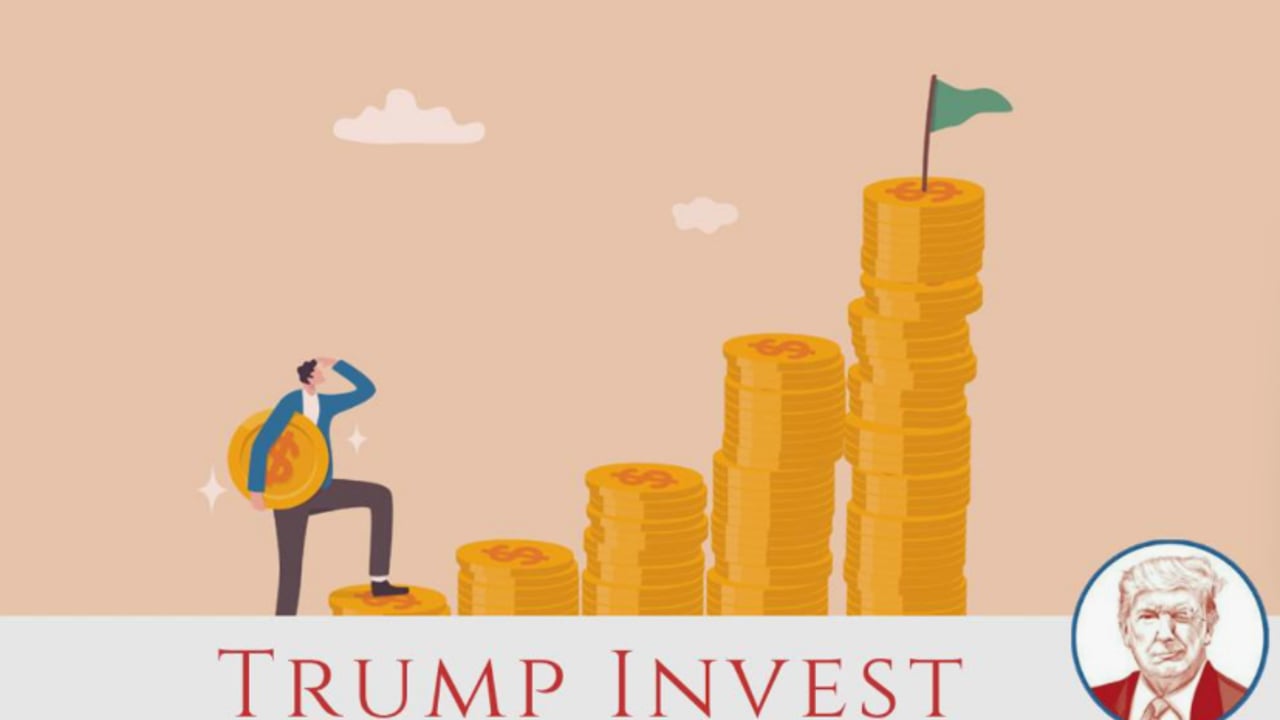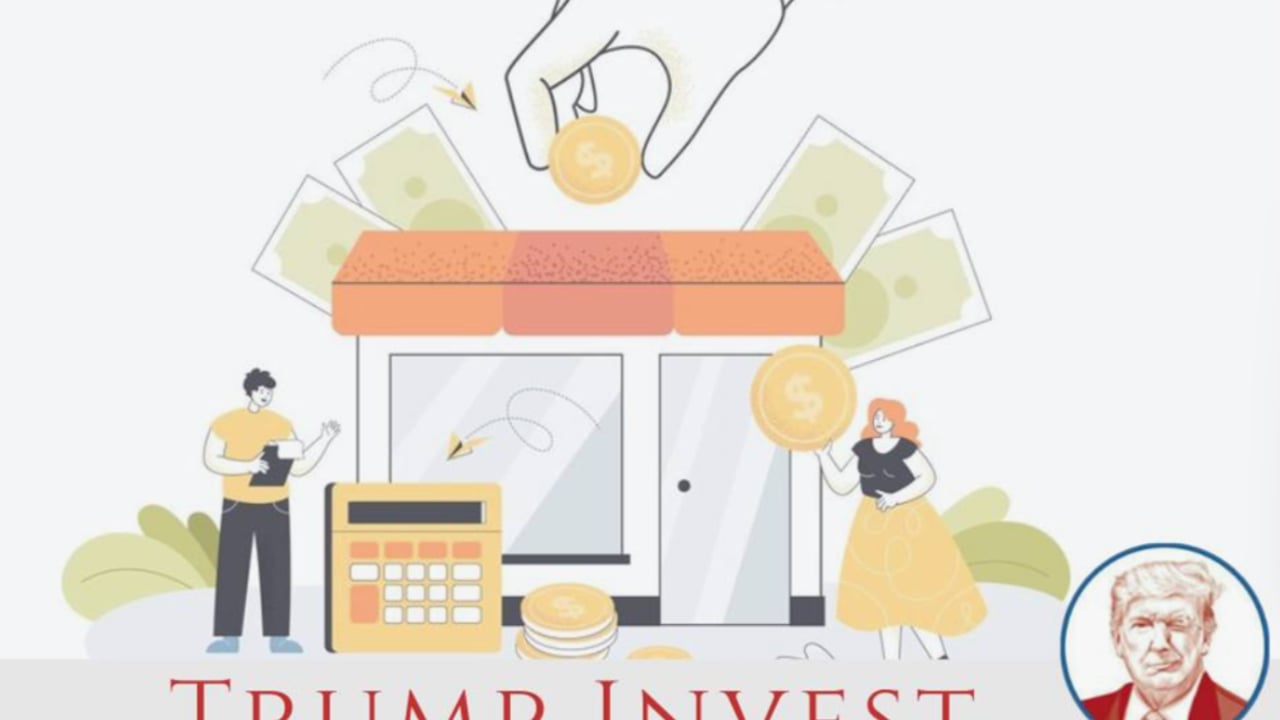Recent plans by the Trump Organization, announced in the context of infrastructure development in Vietnam, have caught significant attention. A consortium representative confirmed that work on investment projects in Southeast Asia has already commenced. The primary focus is on real estate, golf courses, and hotels. These initiatives are long-term collaborations that highlight the strengthening bilateral ties between the two countries.
Political and Economic Context of Investments
The American business interest in the Vietnamese economy is logical given the high growth dynamics of the region. However, Trump's projects are progressing amid tense foreign political relations. In recent years, Vietnam has shown a significant increase in its trade surplus with the United States, causing concern in Washington.
For instance, in 2022, Vietnamese exports to the U.S. accounted for over 30% of the country's GDP. Against this trend, the American government is considering potential trade tariffs to balance the deficit. This poses a serious risk for businesses, including Trump's initiatives.
Vietnam’s Efforts to Reduce Trade Tensions
In order to maintain constructive relations, Vietnam has taken steps to ease tariff pressure. Key initiatives include:
- Increasing the volume of imports from the U.S.
- Revising tariffs and eliminating certain non-tariff barriers.
- Allowing American companies access to new segments of the local market.
A recent example is Vietnam granting Starlink permission to provide satellite internet services in the country. The nation retained full control over Starlink’s local subsidiary through a special pilot program, which allows circumvention of legal restrictions on foreign ownership. This approach demonstrates flexibility in creating favorable conditions for American businesses.
Areas of Interest for the Consortium
The Trump Organization's projects focus on several strategic areas: hotel business, resort real estate, and golf course infrastructure. The emphasis on the premium segment is justified by Vietnam's popularity among tourists and the growing interest in luxury real estate from local and foreign investors.
The creation of new premium-class hotels caters to both the internal market demands and the increasing international tourism. According to statistics, Vietnam welcomes millions of tourists annually, and this influx continues to grow despite global instability.
Golf is becoming an integral part of positioning Vietnam as a global tourism hub. Modern golf courses attract affluent tourists from various countries, contributing not only to increased tourist flows but also to local economic growth.
Risks and Opportunities
Despite the ambitious plans, the implementation of such projects is fraught with challenges. The main risks include:
1. Potential imposition of high tariffs on Vietnamese imports to the U.S., which could affect the country's macroeconomic stability.
2. Strict foreign business regulations, which often pose difficulties for executing large-scale investment projects.
3. Market volatility driven by geopolitical and economic factors, such as global inflation and supply chain disruptions.
On the other hand, the market potential is impressive. Vietnam is confidently ranking among the leaders of economic growth in Southeast Asia, offering investors stability and favorable conditions for long-term planning.
Conclusion
The Trump Organization's investment projects have underscored the growing interest of American businesses in Vietnam’s economy. Successful execution of these plans could strengthen economic ties between the two countries and become a significant step in future cooperation.
However, finding a balanced approach between the interests of both parties is crucial. Vietnam needs to minimize commercial risks while maintaining access to American markets and providing attractive conditions for investors. In turn, U.S. companies, like the Trump Organization, must consider local regulatory and political nuances to ensure their strategies deliver long-term results.









It's exciting to see the Trump Organization expanding its horizons and fostering stronger ties through infrastructure in Vietnam.
Moves of this nature might pave the way for a reimagined landscape where automation drives progress